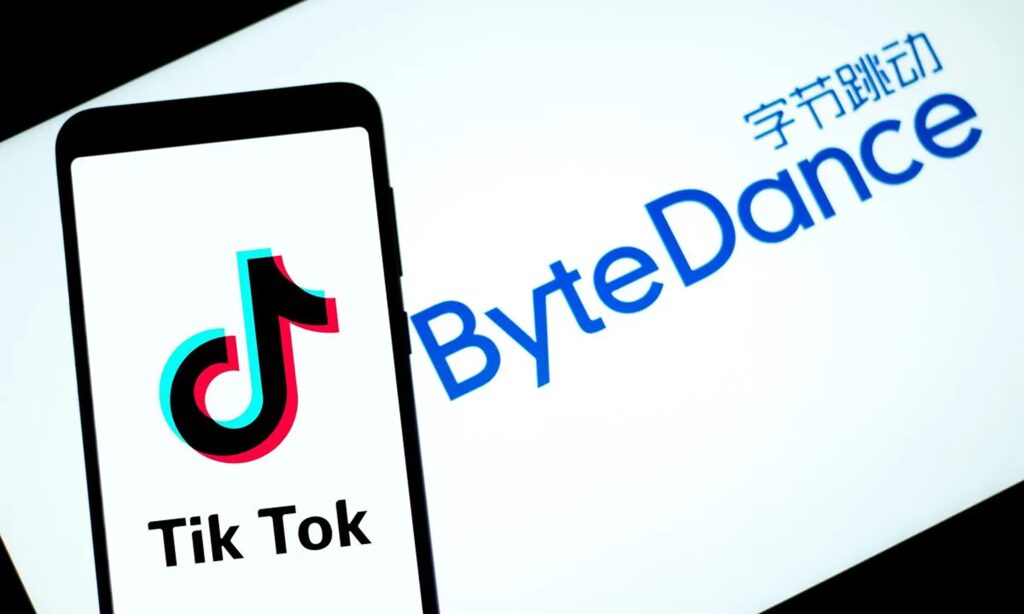In a recent development, the U.S. Justice Department suggested that compelling ByteDance, the Chinese parent company of TikTok, to sell the app could provide a stronger legal foundation compared to an outright ban.
This advice was given in a document presented to Congress amidst concerns over national security risks associated with the app, which boasts 170 million American users.
The government and lawmakers, including those from the Biden administration, have expressed apprehension that the Chinese government could potentially access data from American TikTok users.
During a classified briefing with the House Energy and Commerce Committee, the Justice Department emphasized the significant national security threats posed by TikTok, highlighting the vast amounts of sensitive data it accumulates.
The document underscored the risks to American users due to the app’s Chinese ownership.
In the briefing, which preceded a unanimous committee vote favoring a bill to mandate ByteDance’s divestiture of TikTok within six months or face a ban, the Department argued for the benefits of divestment over banning, pointing out the limitations of existing laws in ensuring a complete separation from Chinese influence.
This stance comes in the wake of a failed attempt by the Trump administration to ban the app in 2020, a move that was halted by the judiciary.
The Justice Department’s document, “Threat Posed by TikTok,” advocated for an “orderly divestment” to secure American ownership of data and mitigate disruption for U.S. users.
It highlighted the potential for the Chinese government, through ByteDance, to access data on millions of U.S. users and control software on numerous devices.
The committee’s chair, Cathy McMorris Rodgers, pointed to the briefing as a crucial factor behind the unanimous support for the divestment bill.
She mentioned the months of collaboration with the FBI, Justice Department, and other agencies to devise a “targeted specific approach” to the issue, with Deputy Attorney General Lisa Monaco playing a key role in these discussions.
Meanwhile, TikTok criticized the legislative move, stating that it would effectively lead to a complete ban in the U.S., despite assurances from the company about the security of American user data.
